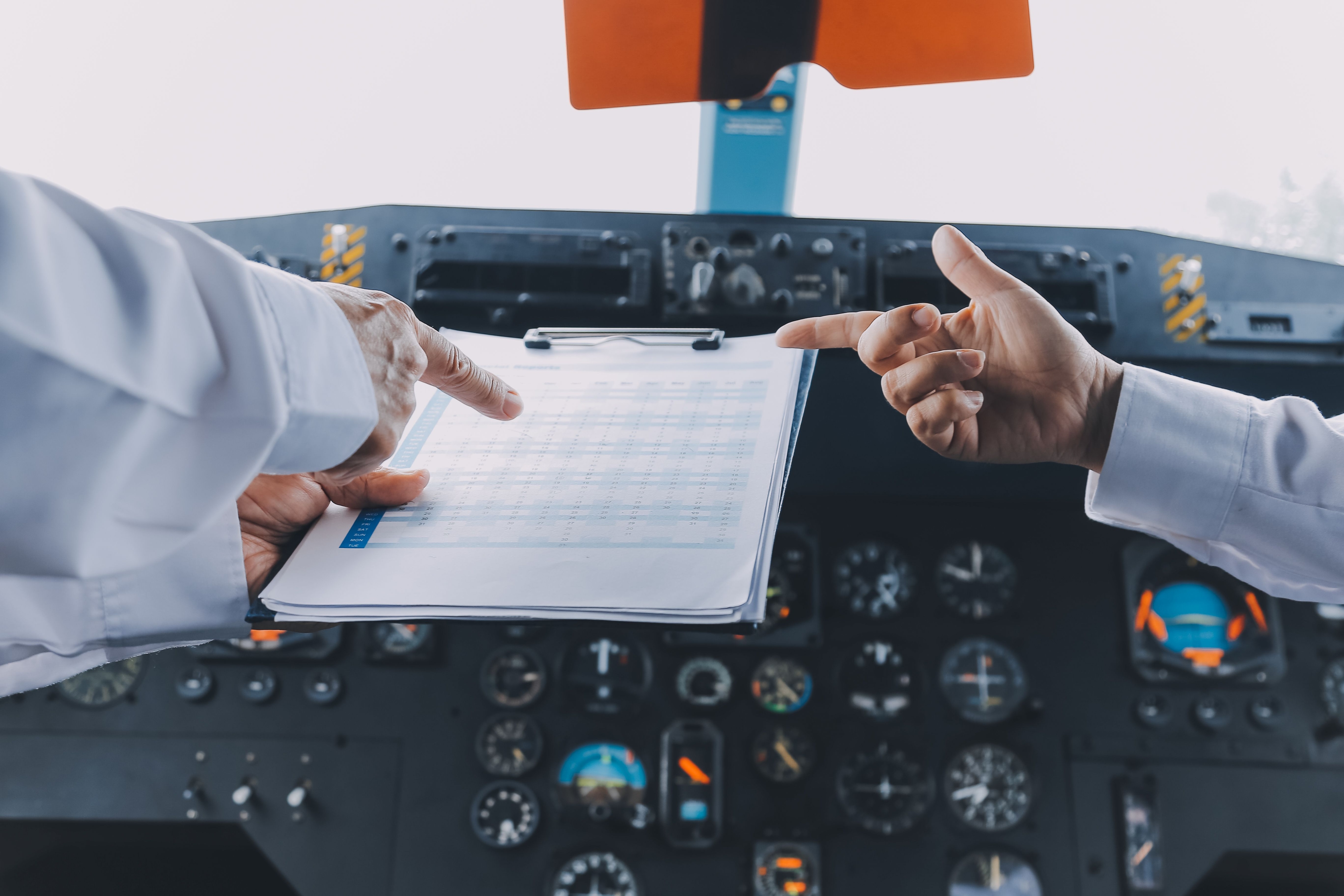The Role of Language Skills in Global Aviation Careers
In today’s interconnected world, aviation is one of the most international industries. Professionals routinely interact with colleagues, passengers, and authorities from around the globe. That’s why strong language skills—especially in English—are essential for success.

1. Why English Is the Global Standard
The International Civil Aviation Organization (ICAO) has designated English as the universal language of aviation. Whether you're talking to air traffic control or completing international documentation, English proficiency is required.
2. Roles Where Language Matters Most
- Pilots and ATC (communication clarity is safety-critical)
- Cabin crew (passenger service, safety instructions)
- Ground operations and logistics
- Training and compliance roles
- International customer support
3. More Than Just English
While English is the baseline, speaking multiple languages is a major advantage. Airlines value multilingual staff who can assist passengers in native languages or deal with diverse teams more effectively.
4. How to Improve Your Aviation English
- Take ICAO-approved language courses
- Practice listening with aviation-specific podcasts and videos
- Join conversation clubs with industry professionals
- Study technical terms specific to your role
5. Language as a Career Booster
Strong communication leads to better teamwork, higher passenger satisfaction, and increased chances of promotion or international placement. It’s a skill that opens doors worldwide.
Conclusion
In aviation, language is more than just a tool—it’s a bridge. Whether you're aiming for global assignments or just want to stand out in the job market, investing in language skills is always a smart flight path.



